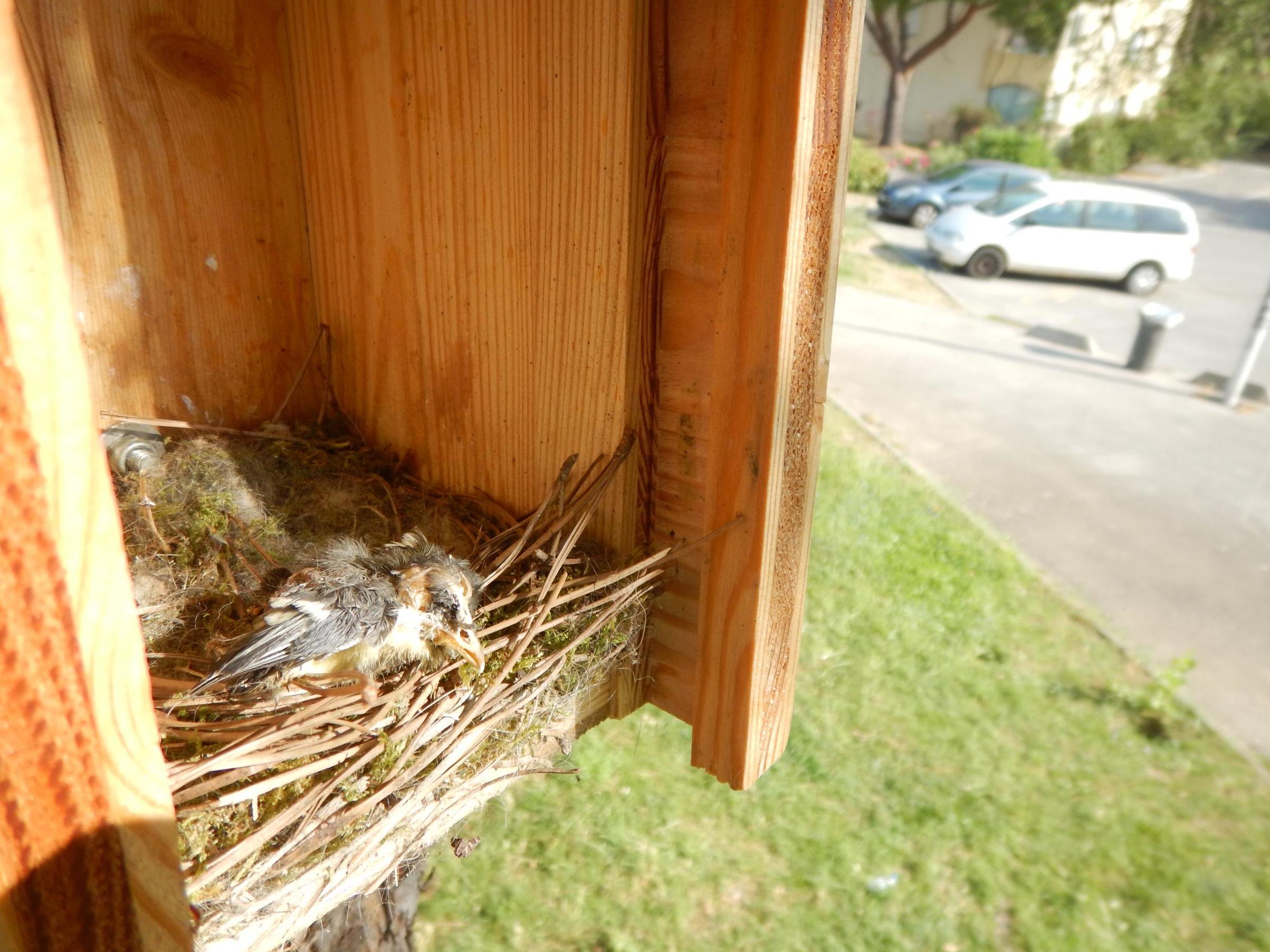'It felt like the end of the world. Everything was so quiet': Hundreds of songbird chicks starve to death in European heatwave
'It’s difficult to stay positive and say the populations are going to adapt to such drastic temperatures,' says researcher

Your support helps us to tell the story
From reproductive rights to climate change to Big Tech, The Independent is on the ground when the story is developing. Whether it's investigating the financials of Elon Musk's pro-Trump PAC or producing our latest documentary, 'The A Word', which shines a light on the American women fighting for reproductive rights, we know how important it is to parse out the facts from the messaging.
At such a critical moment in US history, we need reporters on the ground. Your donation allows us to keep sending journalists to speak to both sides of the story.
The Independent is trusted by Americans across the entire political spectrum. And unlike many other quality news outlets, we choose not to lock Americans out of our reporting and analysis with paywalls. We believe quality journalism should be available to everyone, paid for by those who can afford it.
Your support makes all the difference.Blistering heat is killing entire populations of songbird chicks in their nests, ecologists have warned.
More than 200 great tit chicks starved to death during the June heatwave in Montpellier because their parents were unable to hunt in 45C heat. Temperatures have rocketed again, topping 40C with records being set in a number of European countries.
Scientists have now warned that seasonal patterns of wildlife are being drastically disrupted all over the continent which could cause entire populations of songbirds to collapse.
“In the UK many of our bird species are at risk of having their brood killed by heatwaves, and this strong selection pressure likely affects many other European birds,” said Dr Nathalie Pettorelli, senior research fellow at the Zoological Society of London (ZSL).
Dr Anne Charmantier, from the Centre National de la Recherche Scientifique (CNRS), in France, likened it to the 1962 book Silent Spring by Rachel Carson, which warned of a dystopian future with no birdsong due to environmental degradation caused by humans.
“The heatwave in Montpellier felt like the end of the world,” she said, adding: ”Everything was so quiet. It’s difficult to stay positive and say the populations are going to adapt to such drastic temperatures.”
Out of 30 great tit nest boxes in the city only one contained live chicks which were on the verge of death when they were found, Dr Charmantier said.
Parents were probably forced to abandon their young because they could not fly in the heat, the study found.
More than 150 swift and swallow chicks still too young to fly were found on the streets of Montpellier, probably having fallen out of their nests after attempting to get some fresh air.
Even the cicada and mosquitos which are normally active throughout the summer have been silenced by the heatwave.
Dr Charmantier said: “Everyone was talking in the street saying ‘this is not normal’. Humans and non-humans are suffering too much in these temperatures.”
The story is likely to be the same – or even worse – for songbirds which do not live in urban areas and are therefore much less well understood by scientists.
“Great tits are quite robust to environmental stress. They are a model species for ecology because they are easily studied but their metabolism is similar to other birds that are not as abundant and so harder to study,” said Dr Charmantier. “I think the observations we have on great tits can certainly be generalisable to many other songbirds, there is no reason to think they are suffering more.”
All over the world temperature records are being rewritten and death tolls are rising.
Earlier this week research published in Nature Communications journal found animals were not adapting fast enough to keep up with rapid climate change. Researchers say even common birds such as great tits, blue tits and guillemot could be at risk of extinctions.
According to Dr Steve Portugal, an ecophysiologist from Royal Holloway University of London, UK song birds are breeding earlier in the year than was previously the case. He said this is having a complex effect on breeding patterns.
He said: “For migrant birds arriving in April and May, their eggs and chicks are having to contend with hotter temperatures, potentially causing high mortality and low breeding success. Such pressures may potentially result in birds migrating earlier, and a mismatch between breeding and food availability.”
Researchers say more work needs to be done on the resilience of animal populations in the face of global change. This could also help conservations work out the best way to manage vulnerable populations.
“The degradation of the climate is here, it’s present and we have to do something about it,” said Dr Charmantier.
Join our commenting forum
Join thought-provoking conversations, follow other Independent readers and see their replies
Comments